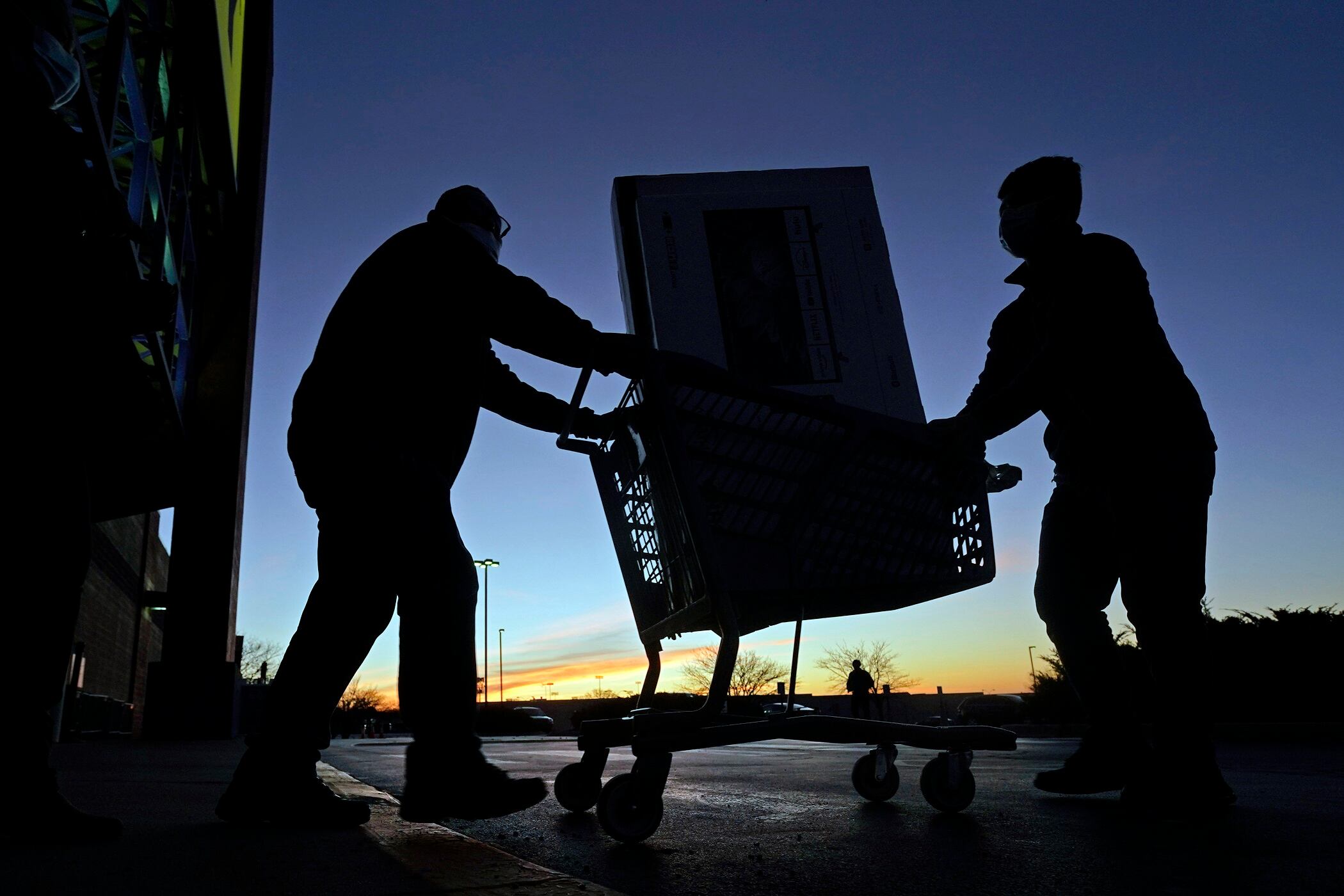Prices were up 6.8 percent year-over-year In November, according to the latest consumer price index from the U.S. Bureau of Labor Statistics.
This marks the biggest jump in nearly 40 years, with inflation touching a broad array of goods and services, from food to shelter to gasoline.
The CPI increased 0.8 percent in November from the previous month, after rising 0.9 percent in October, a slight comedown that still exceeded most economists' forecasts.
Sectors Hit Hardest
Energy remains the dominant contributor to higher inflation, with the category rising 33 percent year-over-year, and gasoline and fuel oil each rising nearly 60 percent year-over-year.
Food was also historically high, rising 6.1 percent year-over-year. The category hits close to home, as shoppers often feel the pinch when grocery shopping for staple items.
Month-over-month, however, food was up 0.7 percent, down from 0.9 percent jumps in both October and September, providing a slight reprieve for consumers.
Meat, poultry, fish, and egg products led the pack with 0.9 percent gains, while cereals and bakery products were close behind with 0.8 percent gains.
When cutting out the more volatile food and energy prices — what's left is called Core CPI — inflation was still up 4.9 percent over the last 12 months, the largest annual increase in at least 30 years.
Shelter costs, for instance, were up 3.8 percent year-over-year, the biggest gain since the heights of the housing bubble in 2007. This is notable because price increases for shelter can prove stickier than other categories, as consumers sign into extended leases at higher prices.
Used cars, meanwhile, continue to show eye-popping price increases, as the automobile market contends with a shortage of semiconductors that has trickled down to the secondary market. The category was up 31.4 percent from last year and was up 2.5 percent in November, the same gain as the previous month.
Time to Taper?
Many analysts anticipate that the hot inflation numbers will put further pressure on the Federal Reserve to accelerate the pace of its planned tapering of asset purchases.
Federal Reserve officials have signaled that the central bank plans to double the pace of tapering starting next week. Investors are watching for this move closely as any speed up in the pace of the taper could move up the timeline for a possible interest rate hike in 2022.
Notably, the Fed's preferred measure of inflation is the Personal Consumption Expenditures (PCE) Price Index, which isn't due out until December 23.
While some economists still contend that price increases will work themselves out as supply chain snarls are overcome, pressure is building for immediate action to tamp down prices.













